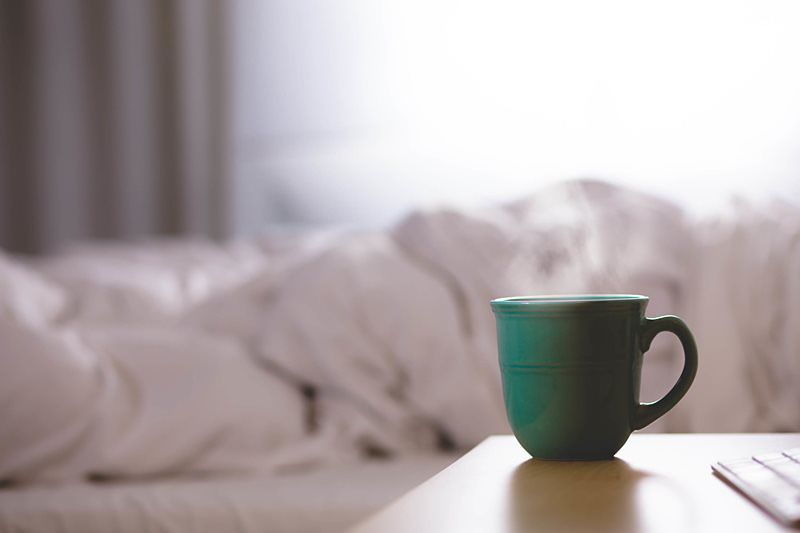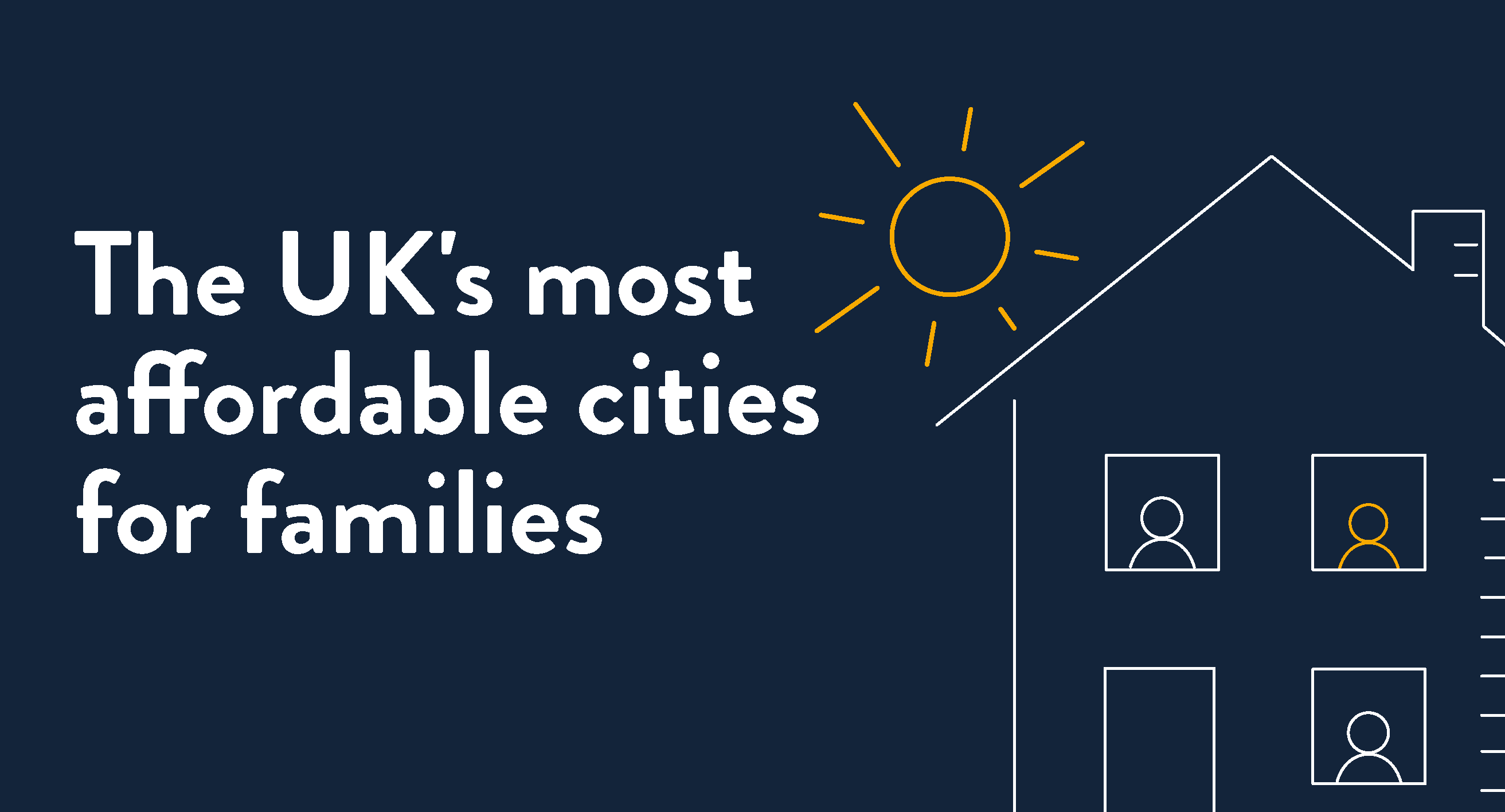
NAOMI HARVEY HPD, MNCH (Acc), DSFH, BA Hons is a fully qualified Solution Focused Hypnotherapist. We asked her advice on how to sleep better to help those who are not getting enough ‘quality sleep’.
Sleep is a fundamental requirement for us to survive. We can go 21 days without food but just 11 days with no sleep and we face a very real probability of death as a result.
Yet sleep is the one thing we feel happy to skimp on. We live in a society where productivity is admired and rest is dismissed. We caffeinate and medicate our way through the day to get us to wake up and then get us to sleep at night.
As a Solution Focused Hypnotherapist I deal with clients who have anxiety, depression, stress and much more. One of the first questions I ask them is ‘what is your sleep like?’ and we often find the result that they are not getting enough quality sleep. By ‘quality sleep’ I mean REM sleep; this is when we dream, and it is also when our brain processes the day’s events. It is crucial to our positive functioning the next day.
We have all felt the impact of not enough REM sleep when we go to bed feeling stressed. We toss and turn, usually waking up in the middle of the night and then when the alarm goes off when it is time to get up for the day, it feels like we have had no sleep and the stress is still there.
One thing I give to my clients is an MP3 to listen to – partly as part of their hypnotherapy treatment. However, it also serves another purpose, to get the brain trained to winding down again.
Those of you with children will be familiar with the bath, book, bed routine. It helps get children into the mindset of sleeping by gradually winding down. However, as adults, we seem to think it’s okay to spend hours scrolling through our phones, watching tv and looking at other screens which contain blue light before we go to bed. Blue light has been scientifically proven to disrupt our production of melatonin which is needed for natural sleep. As adults, we tend to generally be fully active and stimulated when we go to bed, and then expect to just switch off and sleep when our head hits the pillow. Our brains do not agree.
Though I can highly recommend them, I’m not saying you need to listen to a hypnotherapy MP3 to get to sleep. You simply need to find a routine that helps you to wind down and then you should repeat it, every night. Our brains learn through repetition and gradually the neural pathways will link that doing that routine means it’s time to sleep.
To summarise my top tips for a better nights sleep would be:
• Have a routine: It could be listening to sounds that relax you like waves or rain; It could be an aromatherapy hand lotion you put on every night so you associate the smell with rest; It’s all about using your senses and repeating the same routine every time you go to bed.
• Only use your room to sleep: Do not go to bed and ‘watch or do things’- make this a space that your brain associates with rest only.
• Make sure your room is dark: Our sleep pattern is determined by the circulation of melatonin. The pineal gland in our brain will decrease melatonin when it’s light and increase when it’s dark- so ditch the bright screens and get some blackout blinds or an eye mask.
• Get your full 8 hours of sleep: It is important that you make sure you keep your sleep to the same amount of time each night, for example, the recommended 8 hours. Do not fluctuate with 4 hours sleep one night, then 10 hours sleep the next etc. Only 20% of our sleep is REM and that is the crucial part. We need a good deep sleep to process and recharge for the next day. Oversleeping can actually make us more tired as we can go into another sleep cycle and wake up half way through.
If you have any questions, you can visit my website here.
By Naomi Harvey, Solution Focused Hypnotherapist BA Hons HPD, NCH Reg.
This articles expresses the views of the author alone and does not necessarily reflect the views of Shepherds Friendly Society.



